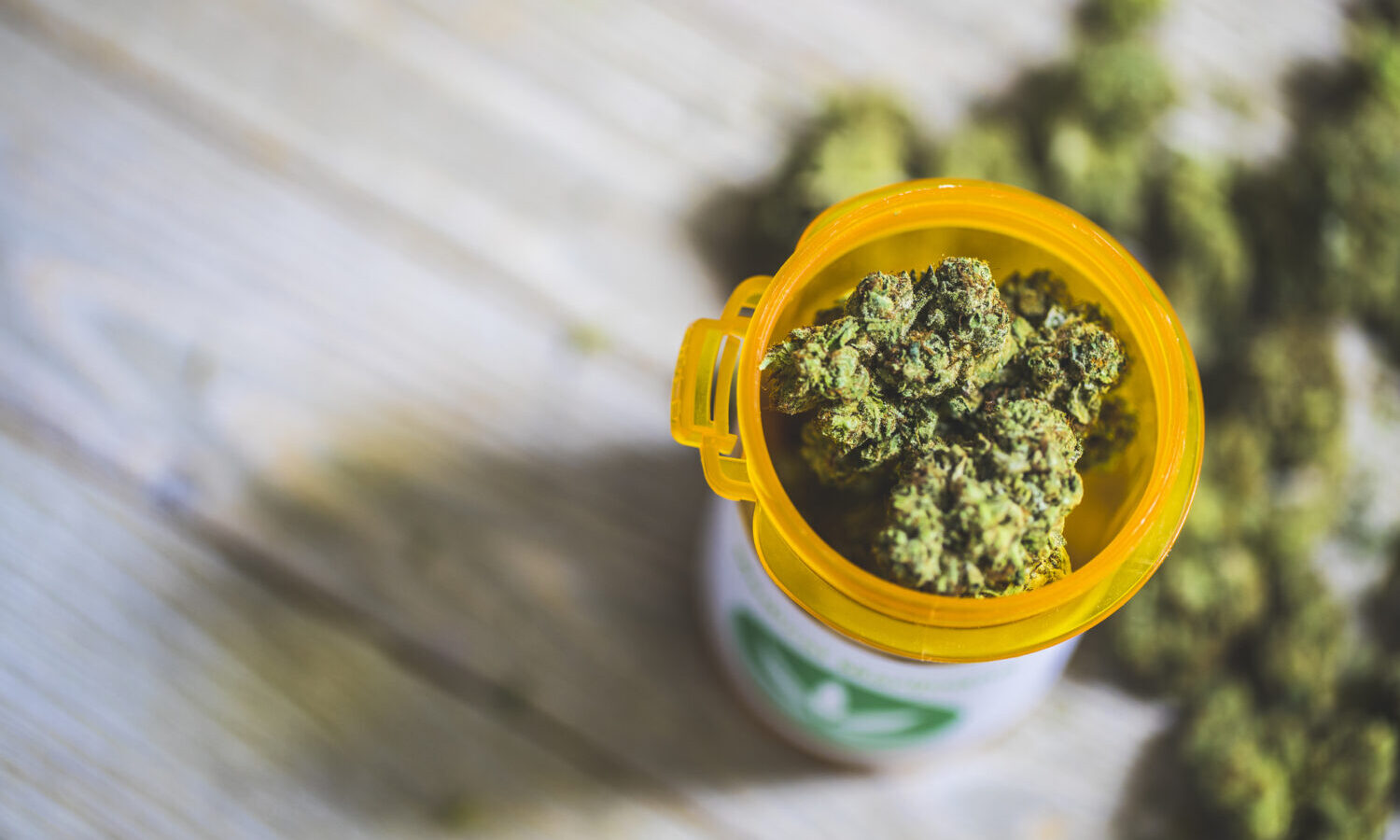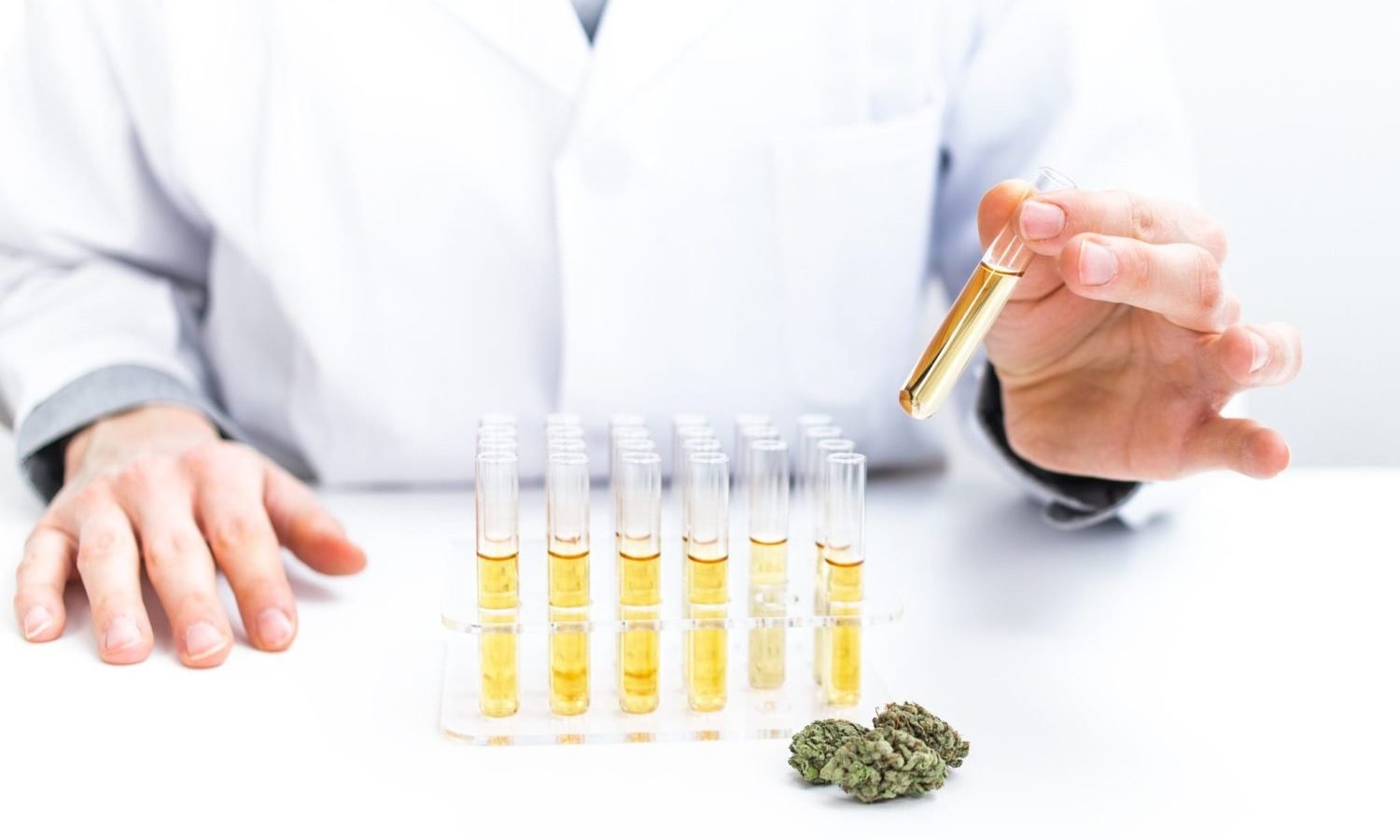This large registry can provide information about how well medical marijuana works for all sorts of conditions, and also track trends and usage.
The National Institute on Drug Abuse (NIDA) has applied to create a national database of medical marijuana users in order to understand more about marijuana and how it is used to treat medical conditions in America. This would be the most broad registry of its kind, and could help generate significant new data on the subject.
It is only natural, however, that a medical marijuana patient may see this new registry and feel a bit uneasy. Sure, many states with medical marijuana programs have their own registry, but there has never been a registry pool with such a variety of potential uses in existence like the one NIDA plans to create. This begs the question: If you currently use medical marijuana, what does this mean for your future?

RELATED: How To Get A Medical Marijuana Card In Your State
This database could cover a broad range of medical cannabis users, but individuals have no need to worry about their medical privacy in this matter. For one, this database involves an application process and is voluntary. According to NIDA’s request for application (RFA), it “seeks applications to develop and maintain a medicinal cannabis use registry to assess the medical conditions reported as reasons for using medicinal cannabis, how and what products are being used, and the associated medical outcomes.”
Further, medical marijuana records are protected by HIPAA, which federally protects medical patient’s right to privacy. Since medical marijuana is not federally legal, there is sometimes concern that HIPAA regulations may not apply to medical marijuana. According to The Compliance Group,“HIPAA does in fact apply to the medical marijuana industry.”
While there are no reasons to worry about privacy with this proposed database, there may be a cause for concern in regards to how one can acquire and maintain a medical marijuana card in the future. One of the objectives of this national registry is to understand how and why people gain access to medical marijuana as a nation.
According to Benzinga, “With this move, NIDA intends to address the issue of heterogeneity of conditions for which patients can request a medical cannabis card, considering that rules vary from state to state.” This research could potentially streamline access to medical marijuana, or it may also suggest making it more specific regulations in regards to obtaining a medical marijuana card — only time will tell.
There are, however, several potential benefits to a database of this kind.. For example, NIDA points out the need for significantly more data and research on medical marijuana in order to know more about its potential benefits for major health issues like opioid addiction.
According to the RFA, “some studies indicated that chronic prescription opioid use decreases after cannabis use, while others show no changes in opioid medication use.” We have previously reported on physicians’ need for further information to understand how marijuana impacts certain things like opioid addiction. While clinical trials remain difficult due to the federal prohibition on marijuana, a database of this scope could provide valuable insight into the medical benefits of cannabis in regards to pain and addiction.

RELATED: Grading Every State’s Medical Marijuana Program — How Well Did Your State Do?
This large registry can provide information about how well medical marijuana works for all sorts of conditions, and also track trends and usage. While targeted clinical studies may provide better results, this is certainly an effective approach in the meantime while the Federal Government continues to take its time deciding the fate of cannabis on a national level.
The goal, it seems, is to unite the data that is available across the majority of states where medical marijuana is widely used. It’s as if the information is all there, only it’s compartmentalized in individual states, and not providing its maximum effectiveness. Or as NIDA wrote, “As many patients are already using cannabis products for medicinal applications, it is important to identify the evidence that exists and as it evolves, and to harmonize and coordinate this information to maximize the potential benefits to patients while minimizing harmful effects,” NIDA


